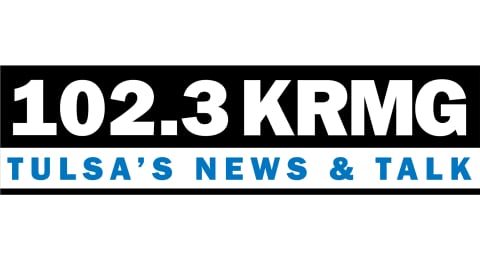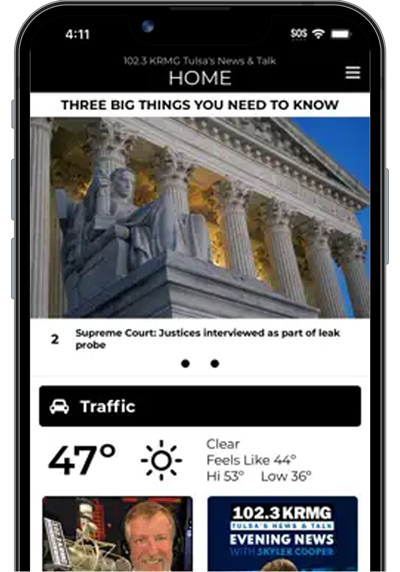TULSA — Once again, large companies have pulled advertising dollars from Elon Musk’s social media site, “X,” following his apparent endorsement of a starkly antisemitic comment.
It’s an example of a phenomenon noted by two new studies, conducted by the Computer and Communications Industry Association (CCIA).
The director of CCIA’s research department and its chief economist, Trevor Wagener, tells KRMG both studies reached the same conclusion - both the site itself, and any advertisers whose ads appeared near posts or content containing hate speech, suffered adverse effects.
The studies were conducted using simulated social media sites and advertisements.
“The research found that an average of 40% of respondents reported liking the social media service less after viewing the simulated hate speech content,” he told KRMG. “Twenty percent reported that the content made them like the adjacent advertiser less. So those are some pretty significant brand harms for either hosting hate speech, or for advertising adjacent to it, and very critically for advertisers, 35% fewer users clicked on the advertisement placed adjacent to the hate speech.
“This suggests that users’ negative perceptions of hate speech could result in both brand damage, as well as direct commercial harm - to both advertisers and the apps and websites supported by the advertisements. If no one’s clicking - the ad isn’t generating revenue.”
His organization has joined with NetChoice, another social media advocacy group, to bring lawsuits against the states of Florida and Texas in an attempt to block so-called “must carry” laws.
Those laws would force sites to carry any “lawful” speech, regardless of its truth, accuracy, or hateful intent.
The U.S. Supreme Court has agreed to take up those cases during the current session.








